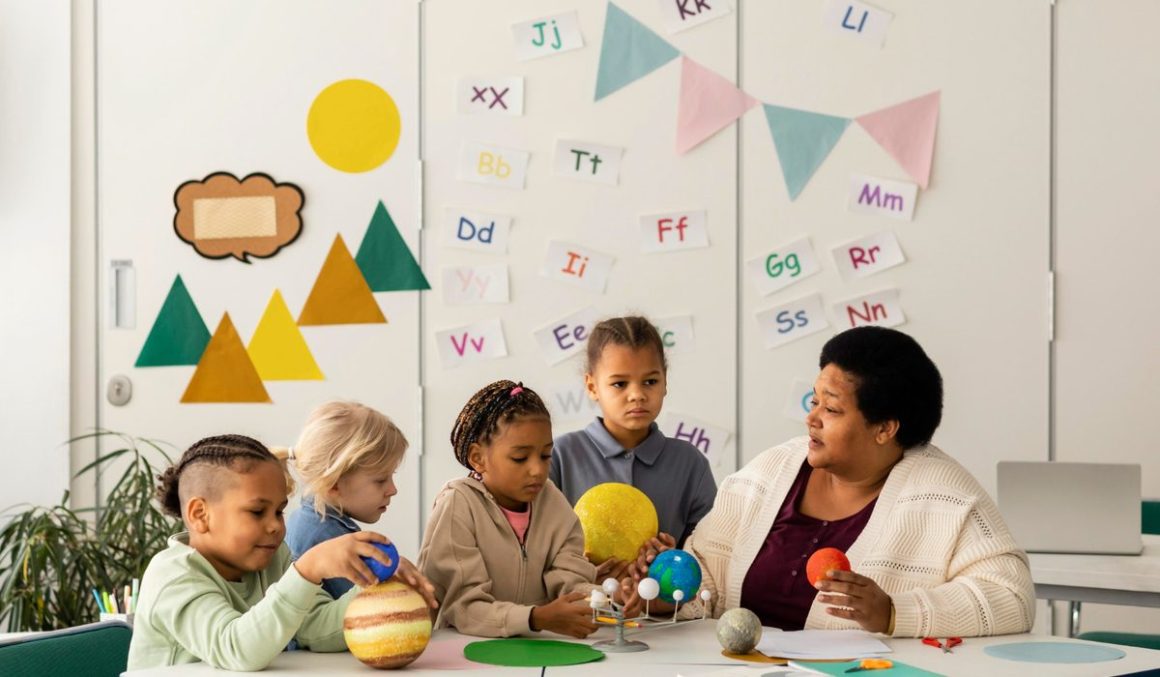As parents, we all want our children to have the best possible start in life, and we know that learning is an essential part of that process. However, the way in which children learn is just as important as what they learn. Play-based learning is an approach to education that recognises the importance of play in a child’s development. Here are the benefits of play-based learning in a day care Five Dock.
What is Play-Based Learning?
Play-based learning is an approach that involves interactive and imaginative activities to help children develop various skills. For example, a child can learn math skills by counting objects while playing with blocks.
Play-based learning can also involve physical activities that help children develop their gross and fine motor skills. Examples of these activities include running, jumping, drawing, building with blocks, and other interactive games.
Benefits of Play-Based Learning
- Encourages Creativity and Imagination
Play-based learning encourages children to use their creativity and imagination. When children play, they are free to explore their surroundings and use their imaginations to create new and exciting scenarios. This type of creative play helps children develop their problem-solving skills, as they learn to think outside the box and come up with creative solutions to problems.
- Develops Social Skills
Play-based learning also helps children develop their social skills. When children play together, they learn to share, take turns, and communicate with one another. These skills are essential for building strong relationships and will serve children well throughout their lives.
- Enhances Language Development
When children engage in imaginative play, they often engage in conversations with one another. This helps them develop their language skills and learn new vocabulary. At a childcare Five Dock, children learn to listen to others and express their own ideas and thoughts, which are important language skills.
- Improves Cognitive Development
When children engage in play, they are using their brains in ways that help them develop critical thinking skills. They learn to solve problems, make decisions, and think creatively. These skills are essential for success in school and in life.
- Boosts Physical Development
When children engage in physical play, such as running, jumping, and climbing, they develop their gross motor skills.
Additionally, when they engage in fine motor play, such as drawing or building with blocks, they develop their fine motor skills. These physical skills are important for a child’s overall development.
- Builds Confidence and Self-Esteem
When children are allowed to explore and learn through play, they gain a sense of mastery and accomplishment. This helps them develop a positive self-image and a sense of confidence in their abilities.
Play-based learning is an essential part of early childhood development. By providing children with a safe and nurturing environment where they can play, explore, and learn, a Five Dock early childhood centre can help children develop the skills they need to succeed in school and in life.



Leave a Reply